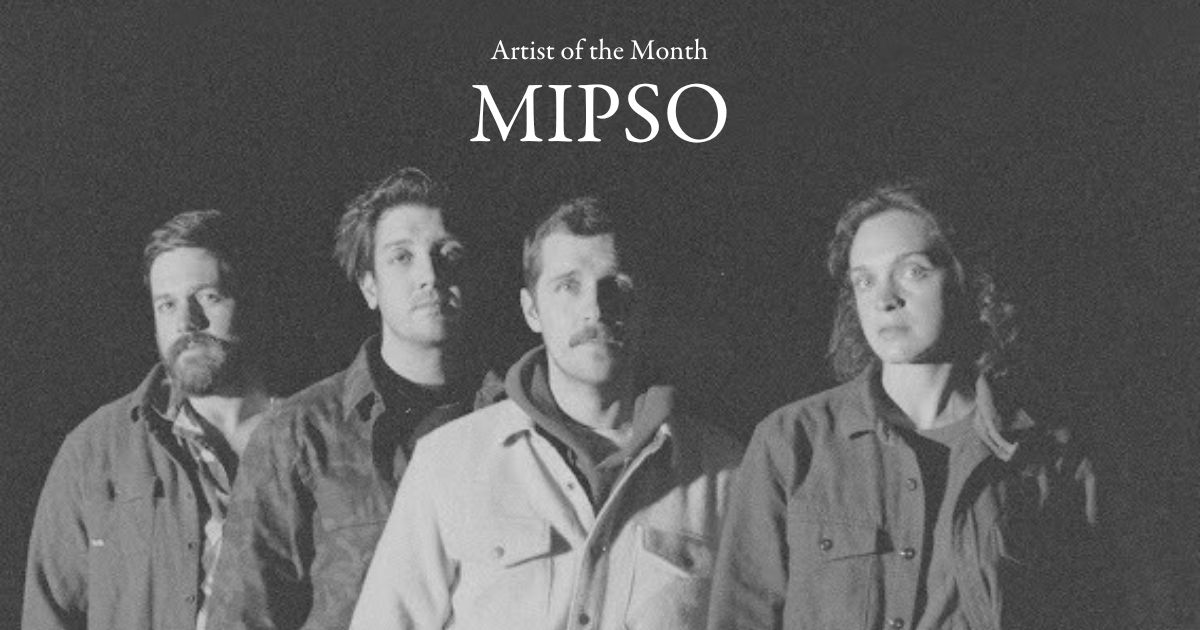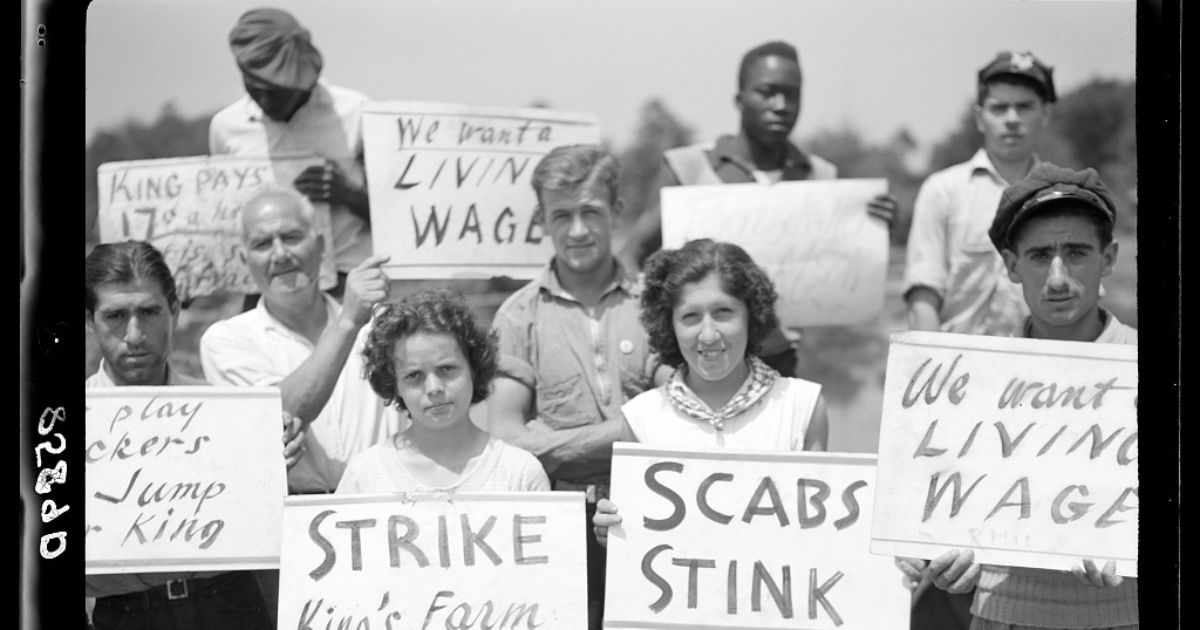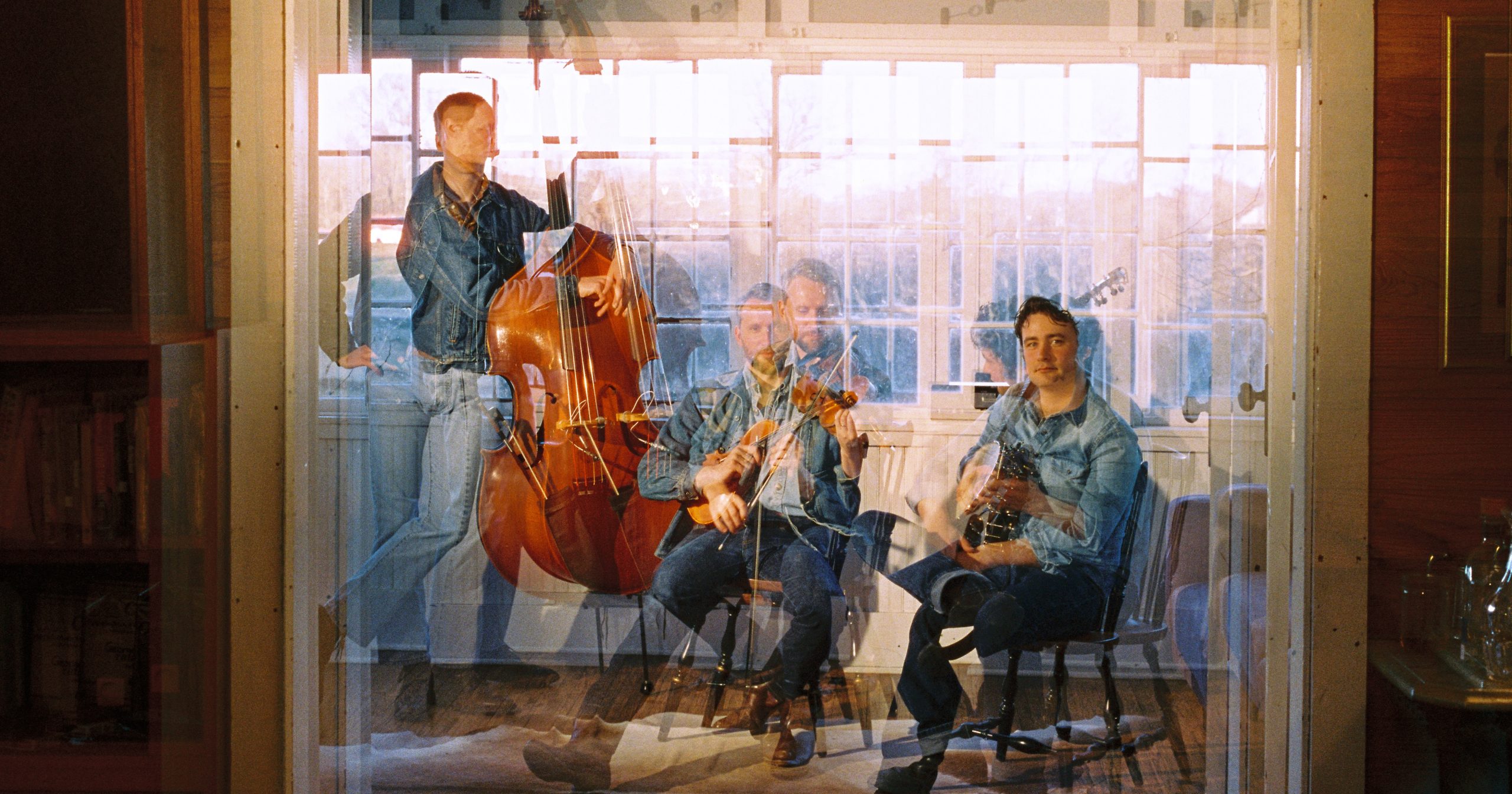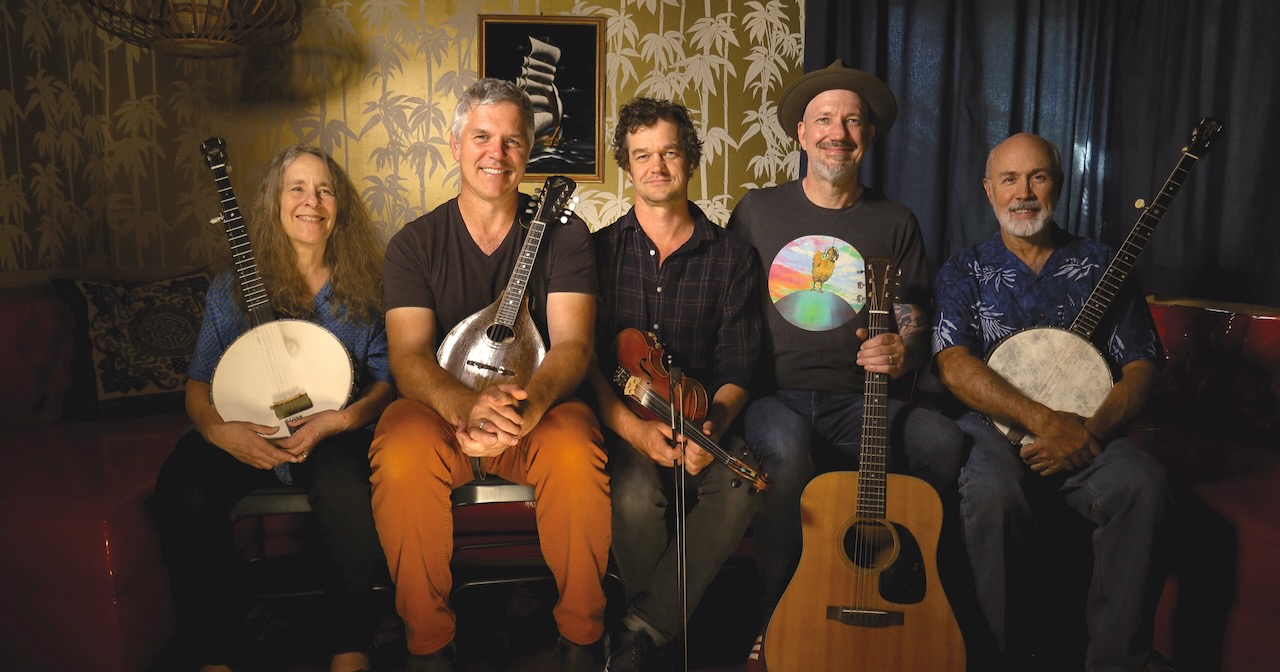Sarah Kate Morgan is a talent to behold. Hailing from Sharps Chapel, Tennessee, and currently nested in Hindman, Kentucky, Morgan is deeply rooted in Appalachian soil. She stands as a revered singer-songwriter and preeminent authority on the mountain dulcimer, alchemizing all the beauty, richness and sorrows of those blue, grassy hills into music.
With her resonant voice and grounded lyrics, Morgan’s music breathes new life into the histories of Appalachian music. She has performed and/or recorded with other lauded contemporaries, including Tyler Childers, Alice Gerrard and Erynn Marshall & Carl Jones. Additionally, she has a full life beyond performing; Morgan presently serves as the Hindman Settlement School’s Traditional Arts Education Director, where she preserves and teaches Appalachian folk traditions for local youth and community members.
Her latest album, Old Tunes & Sad Songs, perfectly encapsulates what Morgan does best — weaving together a tapestry of traditional roots music with her own original, breathtaking spins. Every listener will emerge edified by Sarah Kate Morgan’s masterful blending of hope, history, and heart.
The bio on your website mentions that your grandfather built your first dulcimer; I would love to hear more about that. Do you come from a lineage of musicians or music makers?
SKM: My great grandfather was named Jolly Morgan — I love that name. The Morgans were from North Carolina, Transylvania County, and the Sylva area. Jolly played the banjo and owned a general store. My grandfather on my dad’s side built a dulcimer when he retired after working most of his life at the ALCOA steel plant in Maryville, Tennessee. When he retired, he picked up oil painting and played the harmonica a little bit. Another one of the things he dabbled in was woodworking, and he built a dulcimer. It ended up not being the best instrument ever. He actually put it together backwards, so like, the headstock was on the opposite end of the instrument.
So you learned how to play on a backwards dulcimer?
Kinda sorta, it really didn’t affect that much — it just had to be tuned at the opposite end of the instrument.
That’s pretty unique! A lot of your work is about honoring the lineage and all the history of Appalachia. What does that feel like? To be connecting with the people of the mountains or even your own ancestry?
I don’t know. I think I struggle with impostor syndrome a lot. When people ask me, “Oh my gosh, how does it feel to be part of Appalachia?” I’m like, “I don’t know. I’ve just been making music.” There have been so many people who’ve come before me and will come after me that we all are just one little branch of the tree that tells the story of living in this region. And if I can write a couple songs that add to that story in my lifetime, I would consider that an honor.
Do you ever feel like it’s a spiritual undertaking?
I grew up playing music and singing in church — that was sort of my first musical experience, which I think is a pretty common thing if you grew up in the South and you grew up musical… you always got to sing in church. And so, music and my faith and my religion growing up were always very deeply tied together. Now, that kind of shows up in my songwriting, like the form of hymns and old-time gospel music is branded into my musicality. I write songs that often end up feeling like hymns, just the structure of them, even if the content is different. One of my songs on my most recent album, “Heaven In My Mind” speaks to that. I think it feels like a sort of traditional gospel [song], but has a different sort of message.
I would love to hear more about your songwriting. What’s your creative process like?
Lord if I know! I think the songs just sort of end up. I don’t start with a verse. It’s always all or nothing. I just sit down, and it all kind of dumps out into a finished song. I find that the times I’ve been most inspired to write are often when I’m most busy and most surrounded by people. I wish I could be a pensive, loner musician that floats off into the wilderness and then comes back and writes all these songs. But because a lot of my songs are written about people, I think being around people is what inspires me the most.
One of my favorite songwriters, Matthew Sidney Parsons — he’s from Eastern Kentucky in Carter County. Something that he said years ago that I really took to heart was that as a songwriter, one of the best things you can do is have a career that’s not music related at all, especially if you want to write this kind of music, folk music. It’s people music, music about experiences, the regular folks, you know — just working and existing in the world and living your life can often be the most inspiring thing because then you come home and write about the people that you are with every day.
Yeah, it’s in community. It’s not in a vacuum. So you work in a school, right?
Yeah, well, I work at Hindman Settlement School, which is a nonprofit in Knott County, Kentucky, and I’m the Folk Arts Education Director. But essentially I’m just a traveling music teacher. In Knott County, as with a lot of rural school districts, there’s barely any budget for music or art. So one thing that the Settlement School does is to try and fill that gap. I do an after school music education program teaching acoustic instruments — banjo, guitar, mandolin, those things. And then I go into mostly kindergarten through third-grade classrooms and give short general music education sessions. I often try to incorporate Appalachian music and traditional music from around the world as much as possible. For so many of them, this is their first time seeing live music, period.
That’s so special. They must love seeing you play and learning! What’s it like teaching the dulcimer?
I love the instrument because it’s probably one of the most accessible instruments to play. It’s got three strings, and it’s diatonically fretted, which means it’s not chromatic. It has whole musical steps from the major scale with a few accidentals, so like the white keys of a piano without black keys. And what that allows for people with relatively little musical experience to sit down with the instrument and just run their finger up and down the fretboard. From there, they can pick out tunes that are already in their head and in their heart. And it’s easy for people to sound good on the instrument. I love that. It’s a great first instrument for kids; it was my first instrument when I was seven. And it’s a great first instrument for older folks who have never played music in their life.
It’s incredibly empowering to be able to sit down with an instrument and be like, “Oh, I can really do that.” When I teach, I can get people playing a simple tune within five minutes. I personally love instant gratification like that. It’s the least gatekeep-y instrument in traditional music, which I’m a big fan of. On the flip side of that, because it’s so simple, people don’t give the dulcimer the same amount of intensive musical study as others, but this instrument is just as complex as guitar or fiddle or banjo, in terms of tunings, chord shapes, modes, and keys. You can take the dulcimer as far as you want. While it’s accessible and easy, I love that you can still do surprising innovative things with it.
And you do! Speaking of which, do you have anything exciting coming up?
The first weekend of September my friend Tatiana Hargraves and I are going to do a string of duo shows in East Tennessee and Eastern Kentucky. We’re excited about that. I love playing with Tatiana. This weekend I’ll be performing at a festival called Holler Girl. I’m not performing on my own, but I’ll actually be sitting in with a local Eastern Kentucky punk band called Slut Pill. I’ll be playing dulcimer, but I have a pickup that allows me to plug into a pedal board and play with some cool effects. It’ll be my first time performing with them, so I’m looking forward to seeing how dulcimer can fit in with a punk band!
Do you have any other collaborators you want to shout out? You’re One to Watch, but who are you watching? Are there any artists you’re appreciating especially right now?
Gosh, so many! My dear friends Linda Jean Stokely and Montana Hobbs make up the duo the Local Honeys. They’re really, really great. They’re dear friends. They were the first two women to graduate from Morehead State University with degrees in traditional music, and I was in the next generation behind them. And oh my gosh, I just love their writing — they tell incredibly complex and beautiful stories with just a few simple words. They’re really making great strides in traditional music, and I love listening to them.
Also, friend Ben Fugate is a local Perry County songwriter, and he has his band Ben Fugate and the Burning Trash Band. Ben is a great local songwriter, and he writes in a more traditional country style. I’m also really enjoying listening to the artist Amanda Fields. She’s a Nashville-based country music songwriter and she just put out this beautiful album, What, When, & Without. Her whole album is moody and effervescent — kind of far away. It’s this kind of slow and introspective country music. Yeah, and it’s just really pretty. And Momma Molasses out of Bristol, Tennessee, is an amazing classic country and Western swing style singer and writer.
I also do a radio show on Sundays! You can tune in all over the world. It’s from 4-6 p.m. [ET] and the show is called She’s Gone Country on station WMMT 88.7. It’s a show featuring all female country music, from past and present. Country music is loosely defined, so I feature a lot of small artists and big artists and a lot of local Eastern Kentucky writers.
Photo Credit: Jared Hamilton









